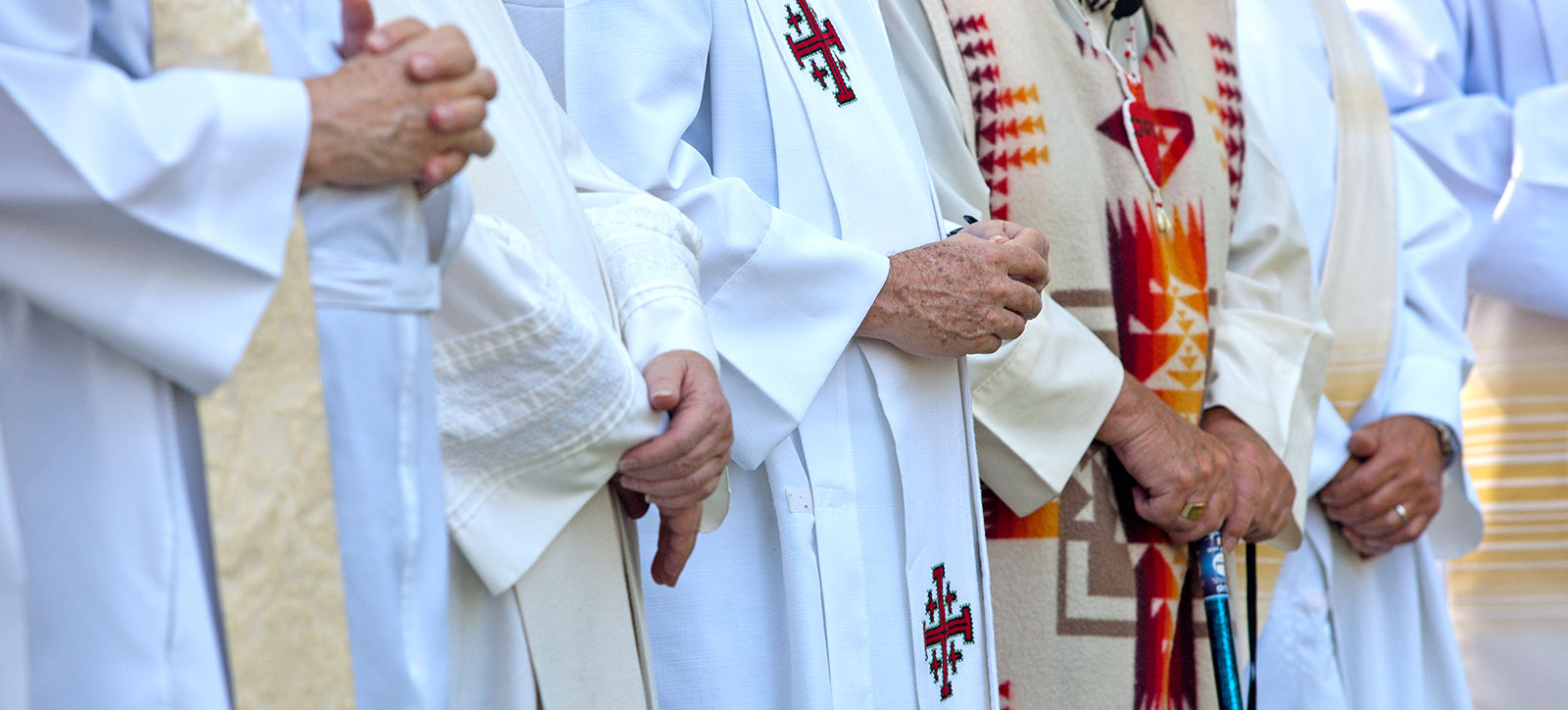
Decision time: 133 cardinals are gathering in the Sistine Chapel this week to elect the 267th pope
As 133 cardinals gather in the Sistine Chapel this week to elect the 267th pope, the eyes of the world turn to one of the most secretive and symbolic leadership transitions in history.
But what can we learn about leadership from the conclave? A leadership expert at Warwick Business School says the process offers powerful lessons in trust, continuity, and decision-making that are highly relevant for today’s leaders.
Dimitrios Spyridonidis, Associate Professor of Leadership at Warwick Business School, believes the papal conclave provides a rare and valuable perspective on leadership in high-stakes, high-trust environments.
"The conclave exemplifies the power of confidentiality in leadership selection," says Dr Spyridonidis. "By removing external interference and media scrutiny, it creates space for reflection, dialogue, and genuine consensus."
The strict oaths of secrecy taken by Vatican staff ahead of the conclave—under penalty of excommunication—reinforce the value of trust and discretion. In contrast to the often performative nature of leadership changes in business or politics, the conclave reminds us of the importance of purpose over publicity.
"In a world where leadership transitions are frequently overshadowed by external noise, the conclave ensures decisions are made with long-term stability and values in mind," Dr Spyridonidis explains.
At its heart, the process balances centuries-old ritual with the realities of contemporary leadership. From a global gathering of diverse voices to the moral authority of a leader without economic or military power, the conclave showcases a form of leadership driven by service, symbolism, and strategic continuity.
"Effective leadership today requires the courage to honour tradition while responding to modern challenges," says Dr Spyridonidis. "The conclave is a powerful reminder that humility, patience, and collective decision-making are not outdated—they are essential."
As the world waits for the signal of white smoke, the conclave offers more than a new pope—it offers enduring lessons in leadership that every organisation can learn from.
Further reading:
Five steps to harness adaptive leadership in turbulent times
How are CEOs influenced by their spouse?
Can communal leadership benefit men more than women?
Dimitrios Spyridonidis is an Associate Professor of Leadership and Innovation and studies healthcare systems and organisations and teaches Strategic Leadership Development.
At Warwick Business School, Dimitrios is the Programme Director of the Executive MBA and the Executive Diploma in Strategic Leadership. Dimitrios is at present on the editorial board of Human Relations.
Discover more about Entrepreneurship and Innovation. Receive our Core Insights newsletter via email or LinkedIn.




 X
X Facebook
Facebook LinkedIn
LinkedIn YouTube
YouTube Instagram
Instagram Tiktok
Tiktok